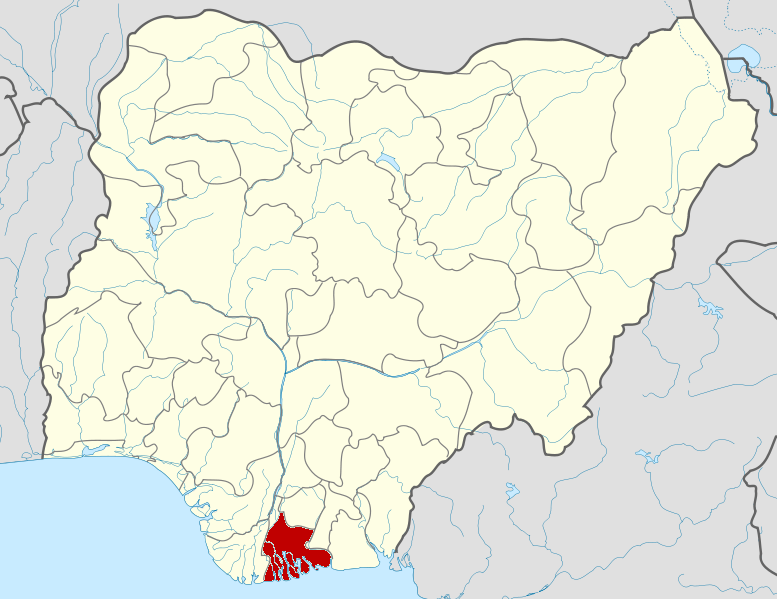Rivers State
States Jan 04, 2025

Table of Contents
History and Significance of Rivers State, Nigeria
Rivers State, located in the southern region of Nigeria, is one of the most prominent states in the country. Known for its rich cultural heritage, vast natural resources, and historical significance, Rivers State has played a vital role in Nigeria’s development and history. Established on May 27, 1967, during the military administration of General Yakubu Gowon, the state was carved out of the former Eastern Region of Nigeria. Its creation was part of an effort to address ethnic and regional tensions in the country following the Nigerian Civil War.
Geography and Natural Features
Rivers State is situated in the Niger Delta, one of the largest river deltas in the world. It is bordered by Imo, Abia, Akwa Ibom, Bayelsa, and Delta States, with a coastline along the Atlantic Ocean. This strategic location makes it an important hub for commerce and trade in Nigeria.
The state is blessed with numerous rivers, including the Bonny River, New Calabar River, and Orashi River, which contribute to the region’s name and identity. The lush mangrove forests, swamps, and creeks are home to diverse wildlife and vegetation, making it an area of ecological significance.
Economic Importance of Rivers State
Rivers State is often referred to as the “Treasure Base of the Nation” due to its abundant oil and gas reserves. It is a key player in Nigeria’s oil industry, with Port Harcourt, the state capital, serving as the headquarters for many multinational oil companies. The discovery of crude oil in commercial quantities in Oloibiri (in present-day Bayelsa State) in 1956 marked a turning point for the entire Niger Delta region, including Rivers State.
Beyond oil and gas, Rivers State also boasts fertile agricultural land, supporting the cultivation of crops such as cassava, yam, plantain, and palm oil. Fishing is another significant economic activity, as the state’s rivers and creeks are rich in marine resources.
Cultural Heritage and Tourism
Rivers State is a melting pot of cultures, with over 20 ethnic groups, including the Ikwerre, Kalabari, Ogoni, Etche, and Okrika people. Each group has its unique traditions, languages, and festivals, which contribute to the state’s vibrant cultural landscape. The Opobo-Nkoro and Bonny Kingdoms, both of which have historical ties to the transatlantic slave trade, are key cultural landmarks in the state.
Tourism in Rivers State is growing steadily, with attractions such as the Port Harcourt Tourist Beach, Bonny Island, and the Finima Nature Park drawing visitors from within and outside Nigeria. The state also hosts the annual Port Harcourt Carnival, popularly known as “CARNIRIV,” which celebrates the region’s cultural diversity through music, dance, and art.
Challenges and Development
Despite its immense natural wealth, Rivers State faces several challenges, including environmental degradation caused by oil exploration, pollution of water bodies, and socio-economic inequality. The state has also had to grapple with issues of militancy and insecurity in the past, although significant progress has been made in restoring peace and stability.
In recent years, the government has focused on infrastructure development, education, and healthcare to improve the quality of life for its residents. Projects such as road construction, urban renewal initiatives, and investments in technology are helping to transform Rivers State into a modern economic hub.
Conclusion
Rivers State remains a vital part of Nigeria’s history, economy, and cultural identity. Its strategic location, natural resources, and vibrant traditions make it a unique and invaluable state. As it continues to grow and evolve, Rivers State holds immense potential for further development and global recognition.
